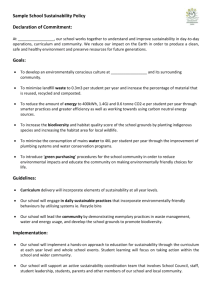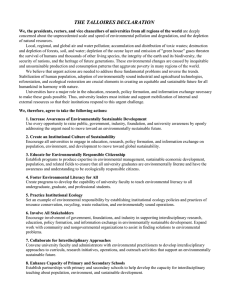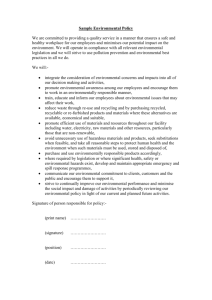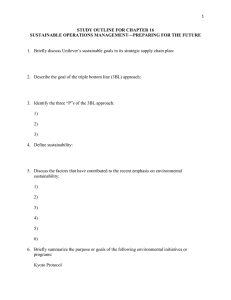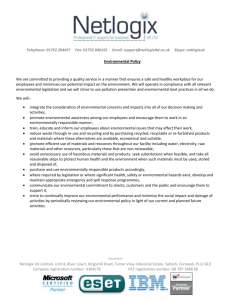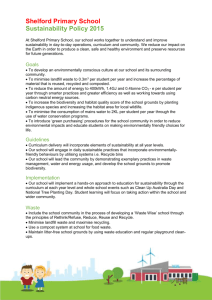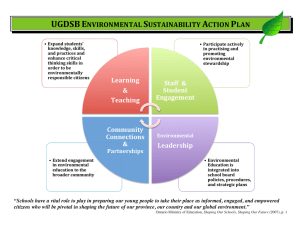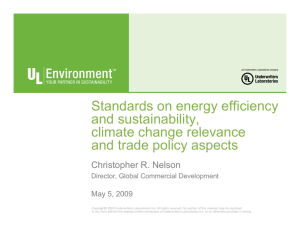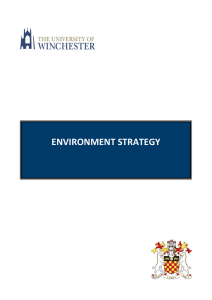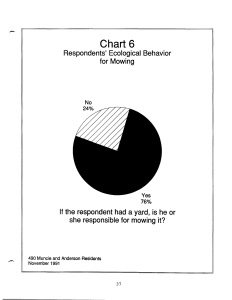I.00 Sustainability... Introduction Our Common Future
advertisement
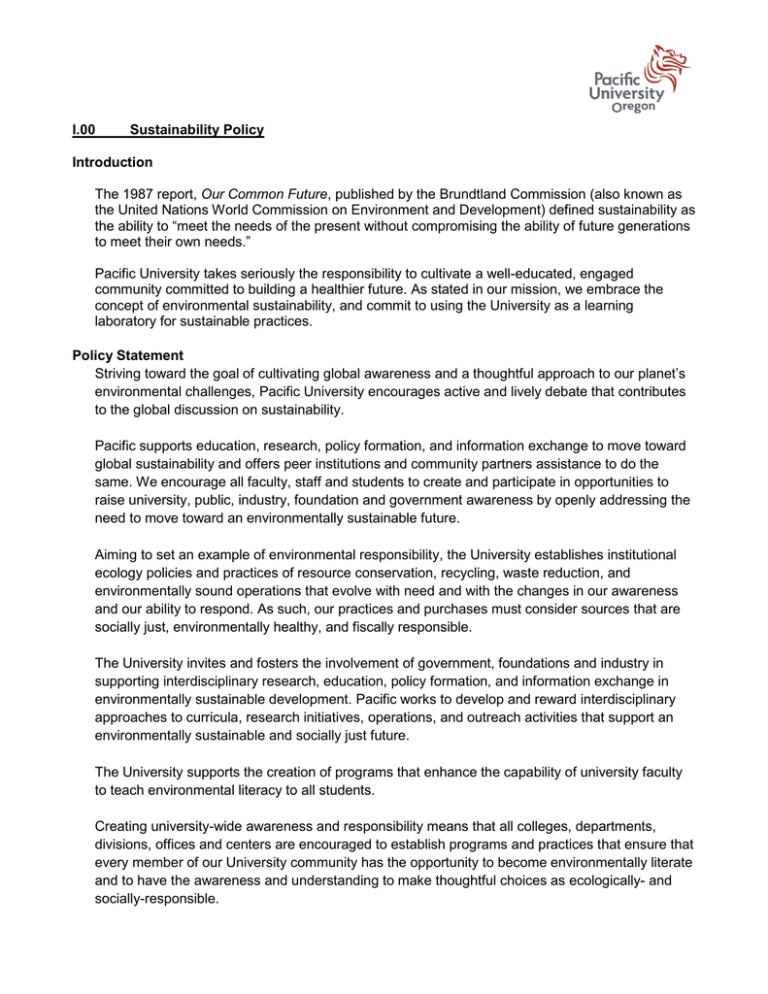
I.00 Sustainability Policy Introduction The 1987 report, Our Common Future, published by the Brundtland Commission (also known as the United Nations World Commission on Environment and Development) defined sustainability as the ability to “meet the needs of the present without compromising the ability of future generations to meet their own needs.” Pacific University takes seriously the responsibility to cultivate a well-educated, engaged community committed to building a healthier future. As stated in our mission, we embrace the concept of environmental sustainability, and commit to using the University as a learning laboratory for sustainable practices. Policy Statement Striving toward the goal of cultivating global awareness and a thoughtful approach to our planet’s environmental challenges, Pacific University encourages active and lively debate that contributes to the global discussion on sustainability. Pacific supports education, research, policy formation, and information exchange to move toward global sustainability and offers peer institutions and community partners assistance to do the same. We encourage all faculty, staff and students to create and participate in opportunities to raise university, public, industry, foundation and government awareness by openly addressing the need to move toward an environmentally sustainable future. Aiming to set an example of environmental responsibility, the University establishes institutional ecology policies and practices of resource conservation, recycling, waste reduction, and environmentally sound operations that evolve with need and with the changes in our awareness and our ability to respond. As such, our practices and purchases must consider sources that are socially just, environmentally healthy, and fiscally responsible. The University invites and fosters the involvement of government, foundations and industry in supporting interdisciplinary research, education, policy formation, and information exchange in environmentally sustainable development. Pacific works to develop and reward interdisciplinary approaches to curricula, research initiatives, operations, and outreach activities that support an environmentally sustainable and socially just future. The University supports the creation of programs that enhance the capability of university faculty to teach environmental literacy to all students. Creating university-wide awareness and responsibility means that all colleges, departments, divisions, offices and centers are encouraged to establish programs and practices that ensure that every member of our University community has the opportunity to become environmentally literate and to have the awareness and understanding to make thoughtful choices as ecologically- and socially-responsible.
